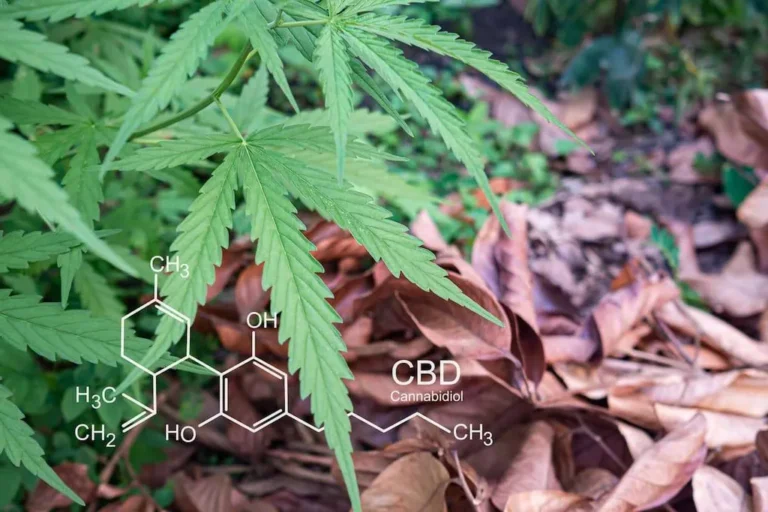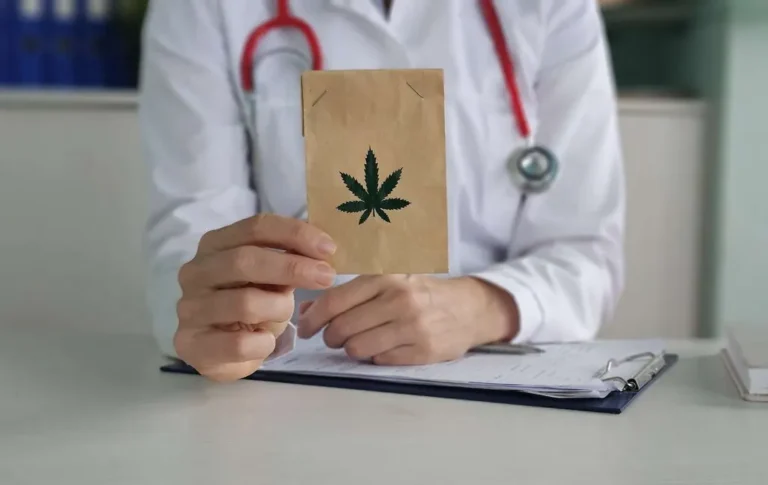How to Lower Weed Tolerance: A Guide for Better Control

When a person starts feeling that marijuana does not have the same effect it used to have, they may have developed a high tolerance to it. This phenomenon leads to adverse impacts, as the individual needs to ingest more to achieve the desirable result. Increased weed endurance is typically associated with cannabis use disorder, which is especially dangerous for those who utilize it due to medical reasons. The weaker effect of prescribed remedies results in uncontrolled consumption. In this guide, we will consider how to lower weed tolerance and improve health outcomes.
What is High Weed Tolerance?
When an individual consumes weed, tetrahydrocannabinol (THC) impacts cannabinoid type 1 (CB1) receptors in the central nervous system and results in intoxication. When the frequency of consumption increases, people develop a high tolerance for weed. Multiple factors impact a person’s ability to adapt to the drug.
- The potency of the remedy: Smoking expensive products with 30% THC leads to a higher cannabis tolerance.
- Intake frequency: Daily smoking inevitably causes cannabis dependence, as the body quickly adjusts to the effect of the drug.
- Genetics: Every person has specific brain chemistry, which directly affects their ability to resist drugs. Many individuals wonder: “Does body weight affect weed tolerance?” The short answer is “Yes.” People who are overweight typically demonstrate increased tolerance to marijuana. Nonetheless, metabolism and other factors also affect their ability to resist.
Analyzing these factors is essential to understand how to lower weed tolerance and why specific groups are more vulnerable to the phenomenon. It facilitates devising efficient strategies to deal with consequences.

Take back control of your life and start on the road to recovery now.
Why Do People Use Cannabis?
Many individuals are mostly interested in the recreational use of marijuana. In the U.S., some states have legalized it for medical usage as well. Such products bring people into an elevated mood, help them relax, increase their sense of awareness, and allow them to improve their appetite.
In medicine, cannabinoids officially became an integral part of THC therapies in the late eighties. Patients who go through chemotherapy sessions smoke it to reduce vomiting and nausea. Cannabinoids alleviate chronic pain and allow people with multiple sclerosis to diminish muscle spasms. In medicine, professionals want to know how to lower weed tolerance to help their clients manage pain.
Many people wonder: “Is weed addictive?” Despite the widespread misconceptions, the answer is positive. Heavy use results in physical dependency and significantly affects health. A chronic disorder alters brain development and often leads to cognitive impairment. It causes mental health issues and bronchitis. Individuals who smoke pot frequently experience anxiety, have problems with motor coordination and struggle to remember recent events. Even though the negative effects of daily intake are well-documented, individuals still consider marijuana a helpful remedy, allowing them to forget about stress and pain.

Health Effects of Weed Tolerance
When patients during medical use of weed realize that prescribed drugs do not produce the expected effect, they start worrying about potential harm. If the body adapts to the drug, it does not necessarily mean an individual’s health will drastically worsen. Nonetheless, they may be tempted to increase their intake, which frequently leads to marijuana addiction. Below, we have outlined the key threats associated with substance dependence:
- Respiratory issues: Smoking has a lasting impact on the lungs, causing infections, coughing, and inflammation.
- Potential medical interactions: When combined with widely used antidepressants and various antibiotics, cannabinoids have serious health implications. They may also interact with anesthesia, worsening patient outcomes after surgeries. This is why it’s essential to grasp how to lower weed tolerance.
- Undesirable side effects: Some individuals experience nausea, dizziness, or anxiety after increasing dosage.
- Financial issues: People start spending more money on weed, which worsens their job perspectives and, ultimately, disrupts their relationships with relatives.
Behavioral therapy is often recommended for people with addiction. Nevertheless, there are other efficient ways of dealing with this problem.
How to Lower Your Tolerance for Weed Without Stopping Smoking
Taking a T break is a common strategy used by those who are ready to change their habits. It requires making a conscious effort to spend up to one month without cannabinoid consumption.
The transformations in CB1 receptors are never permanent, which means a person smoking marijuana to relax can quickly restore their health. However, patients who are required to consume it for medical purposes need to discover how to lower THC tolerance while keeping smoking.
Here are the key methods to achieve this objective:
- Reduce the amount: Minimizing the consumption amount is the most result-yielding strategy. Individuals who cannot fully refrain from regular smoking often embrace this approach. Microdosing can be highly effective when a person starts to experience undesired long-term effects. In many cases, changing frequency also has a beneficial impact. Before choosing new guidelines to follow, it’s recommended to consult with a health professional.
- Find a product with a high THC to CBD ratio: Even though some remedies do not have a comparable impact to those that include more THC, they may still allow a patient to achieve their objectives while minimizing weed tolerance.
- Alternate between different strains: While some men and women prefer to stay loyal to their favorite strains, replacing them with another one could be highly effective. Each strain has various cannabinoid percentages, making its effects unique. This approach is perfectly suitable in cases when a patient cannot completely stop consumption.
- Experiment with various product types: Concentrates have a more noticeable impact, so it may be a feasible option to switch to smoking temporarily. Smokers who want to alleviate pain may use cannabinoid-infused oils and lotions that do not lead to intoxication.
Many patients prefer to follow the THC sensitivity protocol, which involves spending the first 48 hours fully abstaining from substance consumption and then switching to microdosing for 3–6 days. This approach requires a person to define their goals clearly. They should choose the right time to start the T break and inform people from their immediate environment about their intentions.

This can be a difficult journey, but you don’t have to go it alone. Let us be your guide and provide you the environment needed to regain control of your life and begin the path to recovery.
Keeping Weed Tolerance Low
Even though the approaches listed above have demonstrated high effectiveness, these solutions are hardly permanent. A patient who strives to discover how to lower weed tolerance should be aware of the adverse effects of cannabis withdrawal and take the necessary steps to minimize them. While an occasional tolerance break may be surprisingly helpful, it’s advisable to learn how to build and follow a predictable strategy to diminish consumption.
Patients should increase awareness of their habits and alternate between different strategies to achieve sustainable progress. By giving their bodies time to rest, smoking pot occasionally, and minimizing the usage of extremely potent products, individuals restore their health.
Regardless of the adopted strategy, finding a supportive community is necessary to succeed. Individuals suffering from addiction benefit from staying at secure facilities where they can recuperate in peace after completing treatment programs. Eco Sober Houses offers housing services to those who want to stay free from substance use. Get in touch with our professionals today and learn how to find motivation to transform your life.




